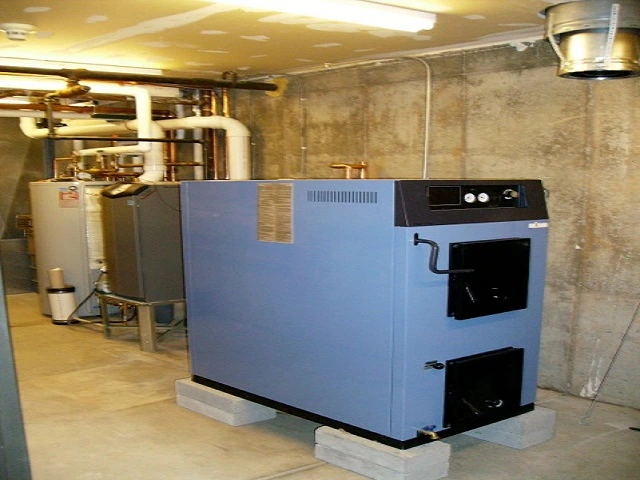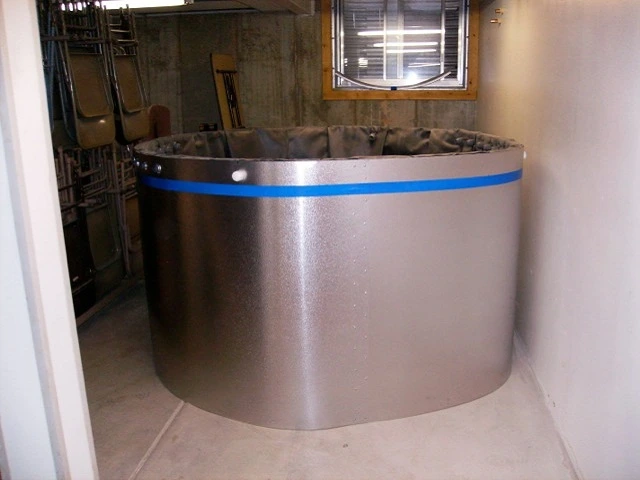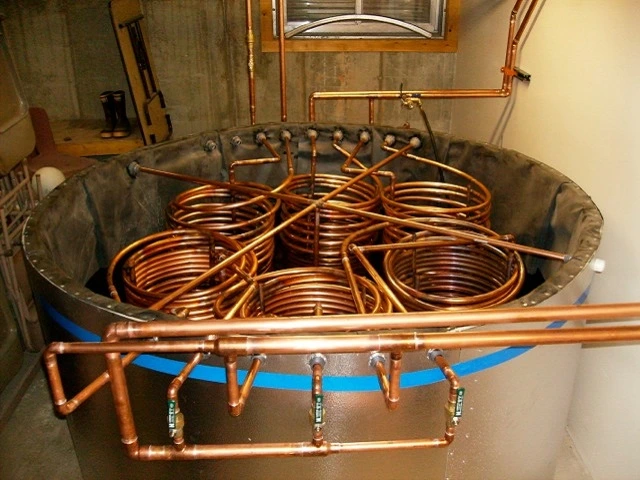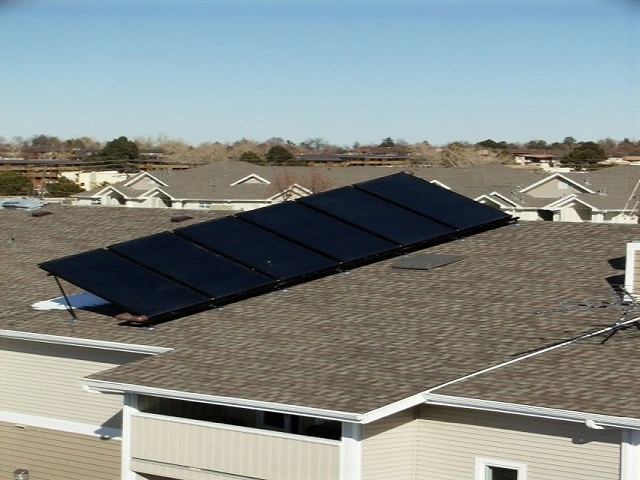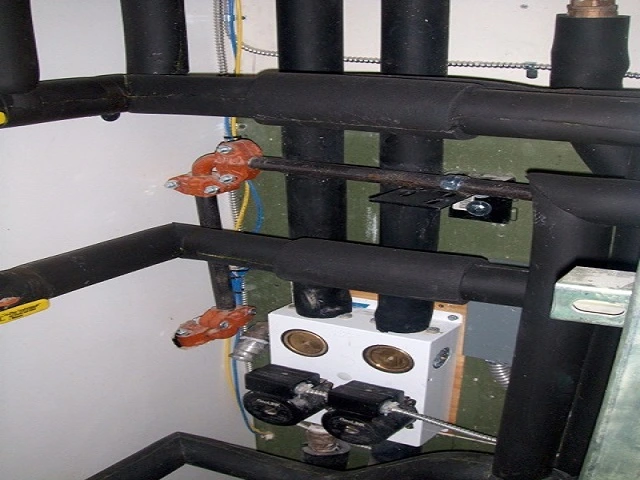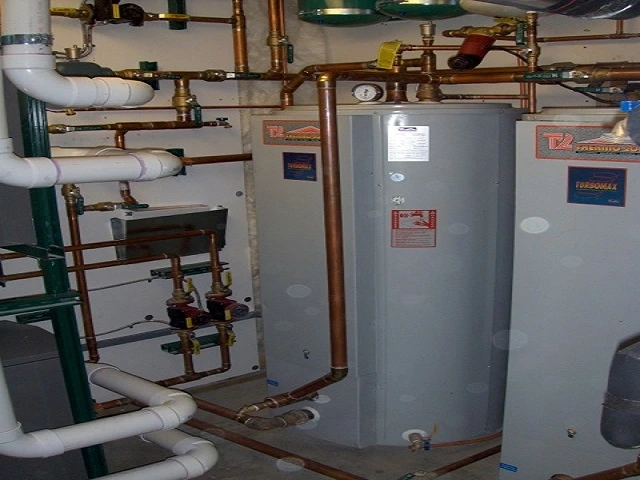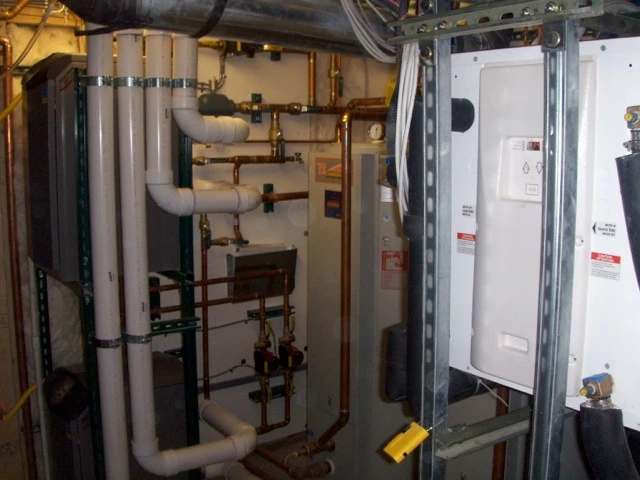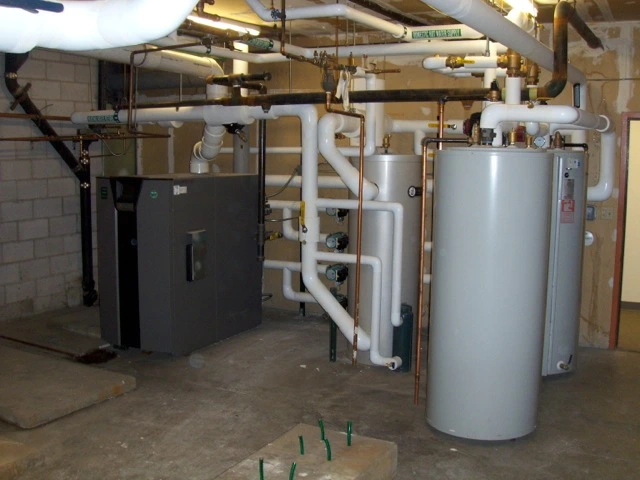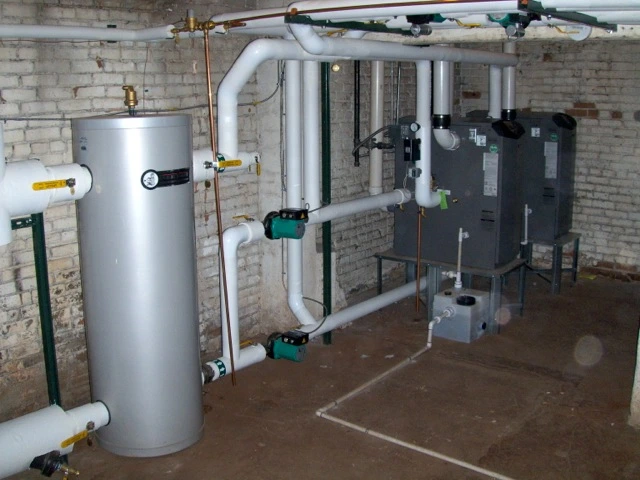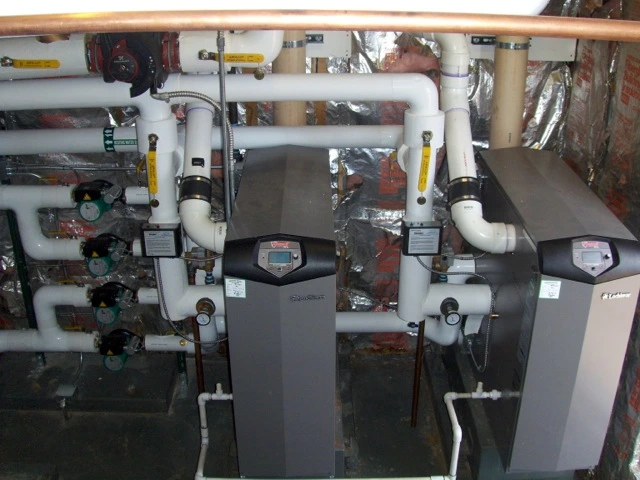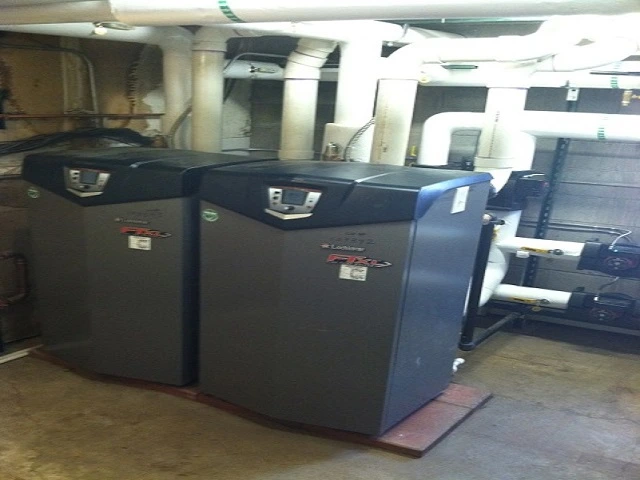Green Energy Systems in Denver, CO
Help the Environment with a Hydronic Green Energy SystemAdvanced Hydronics designs and installs geothermal (geo-exchange) and solar hot water systems across the Denver metro. We integrate renewables with radiant heating, snow melt, and high-efficiency boilers to lower operating costs and improve comfort.
Ground Source / Geo-Exchange — How It Works in Denver
Geo-exchange uses the stable temperatures below ground to move heat in and out of your building. In winter, a heat pump extracts heat from the ground and distributes it via radiant floors or air handlers; in summer, the process reverses to provide cooling.
Denver drilling & loop fields (typical):
Vertical boreholes (about 175–225 ft each, count sized to the load)
Closed-loop piping with water/antifreeze, grouted and buried
Manifolds underground; loop fields designed for decades of service
Good fits: new builds, major remodels, properties with year-round loads (domestic hot water, pool/spa, commercial sites).
Benefits of Geo-Exchange Systems
Lower operating costs: efficient heat transfer vs. resistance heating
All-electric ready: pairs well with solar PV and demand-response controls
Quiet, discreet equipment: fewer outdoor condensers; cleaner rooflines
Long service life: buried loops designed for multi-decade performance
Reality check: Savings depend on building envelope, utility rates, and control strategy. We model your loads and show options side-by-side.
Is Ground Source/Geo-Exchange Technology New?
Geo-exchange technology is not a new concept. Albert Einstein used this technology to heat and cool his home in New Jersey in the 1920s. Although it was not widely adopted until about 1980, it has since gained traction and is now effectively utilized in both commercial and residential applications.
Today, there are hundreds of thousands of such systems installed across the United States. Given the increasing energy prices, concerns over energy supply, and the imperative to protect our environment, geo-exchange technology presents a highly attractive solution for modern heating and cooling needs.
Solar Hot Water — Advantages
Solar hot water (SHW) uses roof-mounted collectors and a storage tank to pre-heat domestic hot water, reducing water-heater runtime.
Straightforward operation; low maintenance when properly installed
Can also support space heating and pool/spa applications (project-dependent)
Multiple designs (closed-loop antifreeze, drainback, recirculation) based on climate and roof conditions
Integration: SHW pairs well with radiant and indirect water heaters. We’ll size collectors, storage, and controls for Denver’s climate.
Applications in Denver, CO
Single-family and multi-family residences (radiant + DHW)
Commercial offices, retail, schools, and municipal facilities
Historic structures (discreet equipment, minimal exterior impact)
Pools/spas, snow-melt priority areas, and high domestic hot water demand
Costs, Savings & Design Considerations
Upfront: Geothermal typically costs more than conventional systems; incentives and operating savings may improve payback.
Operation: Usage varies with setpoints, schedule, and weather; smart controls and zoning help manage cost.
Site: Lot access for drilling, electrical capacity, roof structure (for SHW), and mechanical room space all matter.
We provide clear pricing, modeled savings ranges, and phased options.
FAQs
Frequently Asked Questions
Which areas do you serve in the Denver metro?
Denver, Aurora, Lakewood, Littleton, Centennial, Highlands Ranch, Arvada, Westminster, Boulder, and the greater Front Range. If you’re nearby, ask us to confirm coverage.
Is my property suitable for geothermal in Denver?
Usually yes. We verify drilling access, lot layout, geology, and heating/cooling loads before recommending a loop-field design.
How deep are the boreholes and how many do I need?
Typical vertical bores are ~175–225 ft in this region; the count depends on your building load and site conditions.
Can geo-exchange work with radiant floors?
Yes. Geothermal heat pumps pair well with low-temperature radiant systems; we size pumps, buffer tanks, and controls accordingly.
What maintenance is required?
Closed-loop fields are low-maintenance. Heat pumps and controls follow standard annual service similar to other HVAC systems.
Can solar hot water also heat my home?
Sometimes. SHW can support space heating in specific designs; we evaluate collector area, storage capacity, and your load profile.
Start Your Hydronic Project Today!
Plan your project before peak season. We’ll assess drilling access, roof/collector layout, heat pump and boiler options, controls, and budget.
Contact us at (303) 778-7772

